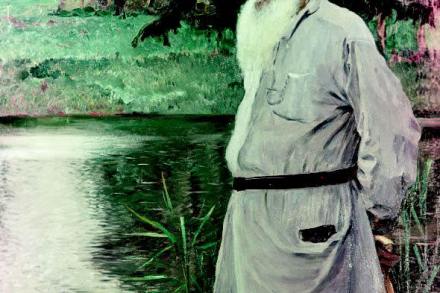Charmed out of their minds
David Cameron probably didn’t need reminding while he was in China what fools intelligent people can be when they visit authoritarian regimes. David Cameron probably didn’t need reminding while he was in China what fools intelligent people can be when they visit authoritarian regimes. ‘Useful idiots’, as Lenin didn’t say, they make allowances for dishonesty, even horrors, which they never would at home, express guilt for the past of their own countries, use words like ‘progress’ for the place they are briefly visiting, and accept at face-value hospitality and words which normal consideration would tell them were well-rehearsed and manipulative. Patrick Wright, a journalist and historian, describes the three ‘missions’














